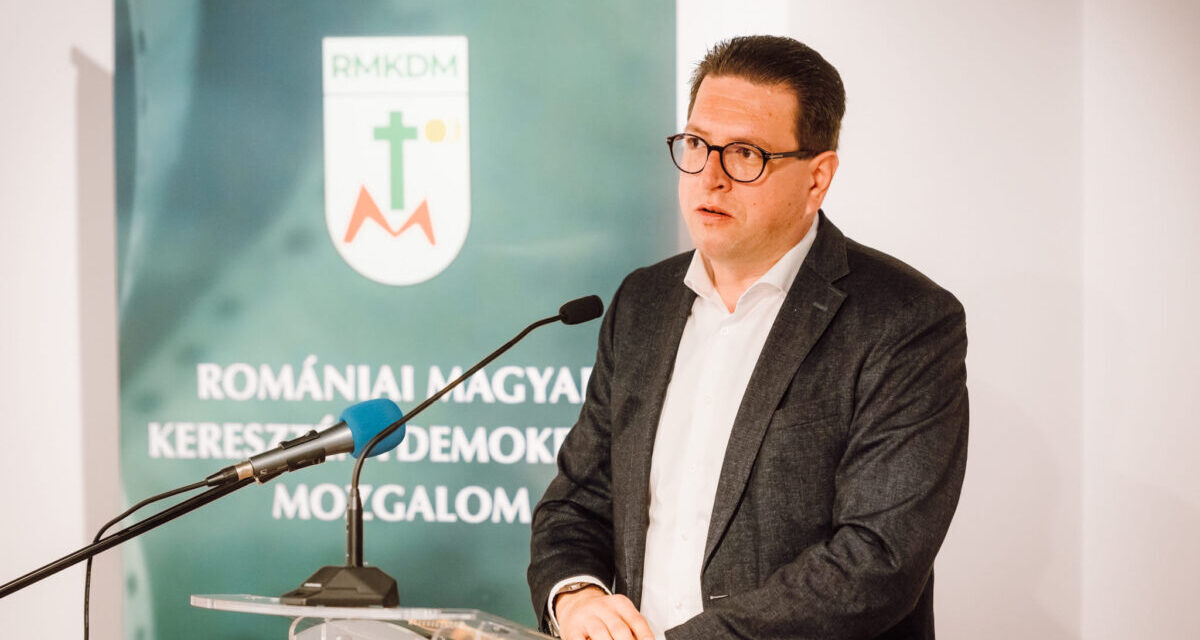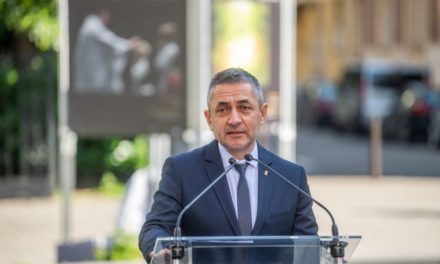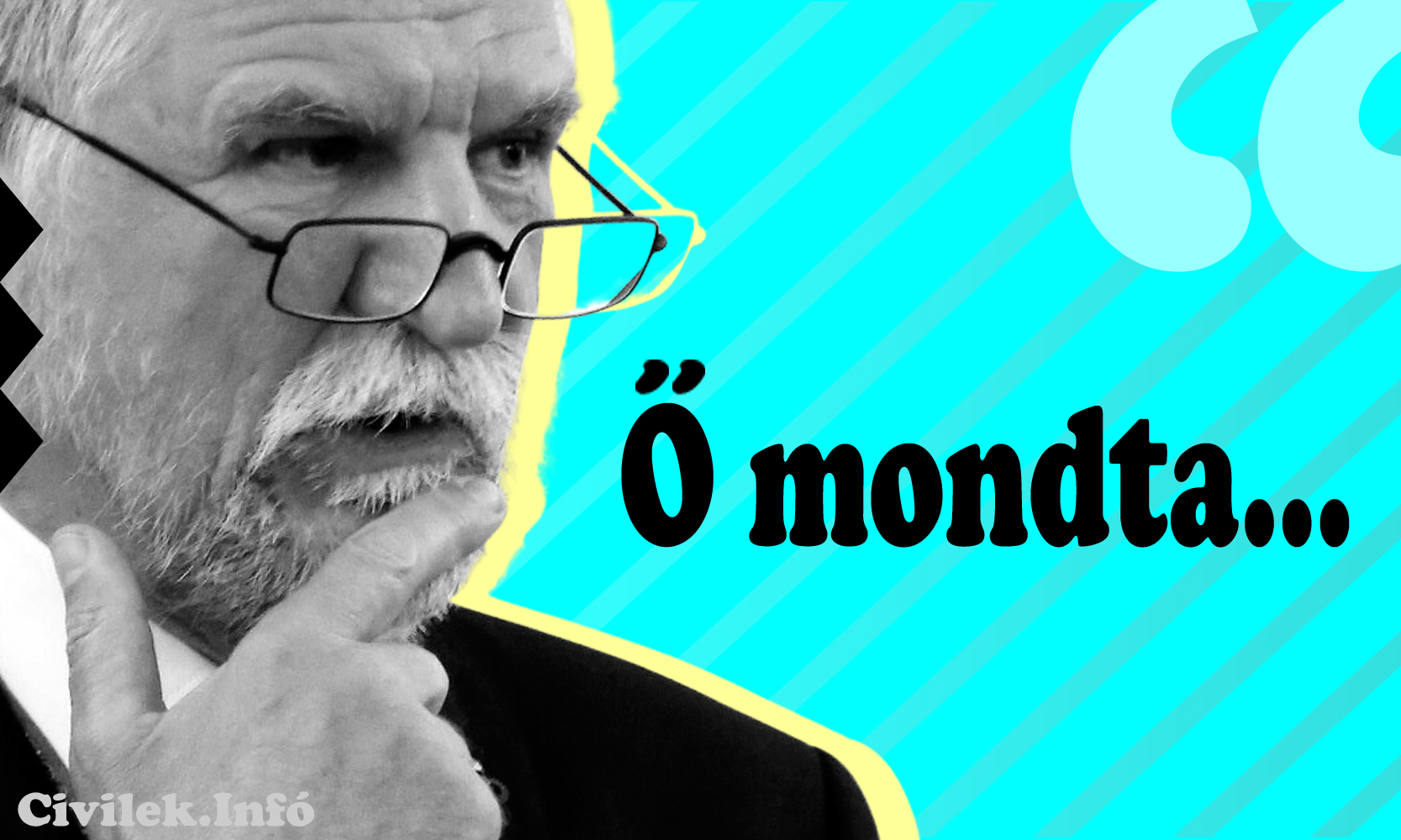The new Ukrainian minority law does not provide an adequate solution to the requests of national minorities, what's more, the amendments cause further confusion in some cases, wrote the Federal Union of European Nationalities (FUEN) in its statement.
The umbrella organization that brings together European ethnic, linguistic and national minorities and has more than a hundred member organizations reacted to the European Commission's (EC) announcement on Wednesday, according to which the body recommends the start of EU accession negotiations with Ukraine and Moldova.
In its resolution, the FUEN reminds that one of the conditions for Ukraine to start the EU accession negotiations is the adoption of the law on national minorities.
He recalls: the Ukrainian parliament and Supreme Council adopted the new law on national minorities in December 2022, which was sharply criticized by Ukrainian minorities, EU member states and civil society organizations.
Following the recommendations of the Venice Commission, on August 23, 2023, the Supreme Council of Ukraine adopted the amendment to the law, which, according to its announcement on November 3, was also signed by President Volodymyr Zelensky, FUEN reminds.
He also points out that, according to the initiators, making the contents of the document into law will enable the EC to implement Ukraine's full EU membership.
"FUEN appreciates Ukraine's willingness to amend the Law on National Minorities, but believes that the amendments do not significantly improve the legal framework for enforcing the freedoms and rights of persons belonging to national minorities, and thus do not achieve the goal set by the initiators," he states . in its resolution of the international organization.
The document quotes FUEN president Vincze Loránt, a member of the European Parliament of the Romanian Hungarian Democratic Union (RMDSZ), who says that the law "does not eliminate the negative effects of the Education and Media Act and the State Language Act, the problems still exist".
"The new law does not provide an adequate solution to the requests of national minorities. Even worse, in some cases these amendments cause further confusion, for example when the word 'traditional' is omitted from the definition of national minorities (communities), Loránt Vincze points out.
According to FUEN, the right to use the language in public is further narrowed, since the mother tongue can only be used at events organized for members of national minorities, while the previous version applied to events organized by national minorities.
Among other restrictive provisions, it mentions that mass media in the minority language of Ukraine is still severely limited, all content must be translated into the state language. He also objects that the distribution of books in minority languages is only possible in special bookstores established and maintained by state authorities.
He considers that the use of the mother tongue in emergency services is only possible in nursing homes if the other party understands the language, and that the regulation of the use of minority languages in local public institutions is still ineffective, as it refers to subjective criteria.
Loránt Vincze points out: Ukraine should consider the minority law not only as a requirement for joining the EU, but as "a real chance to improve the situation of many of its citizens, promote cooperation between the majority and minorities, and create the conditions for long-term stability."
We stand by our position that the appropriate legal framework for minorities can only be implemented with the involvement and cooperation of the national minorities living in Ukraine - states the president of FUEN in conclusion.
MTI
Vincze Loránt: The new law does not provide an adequate solution to the requests of national minorities
Source: Facebook/Vincze Loránt













